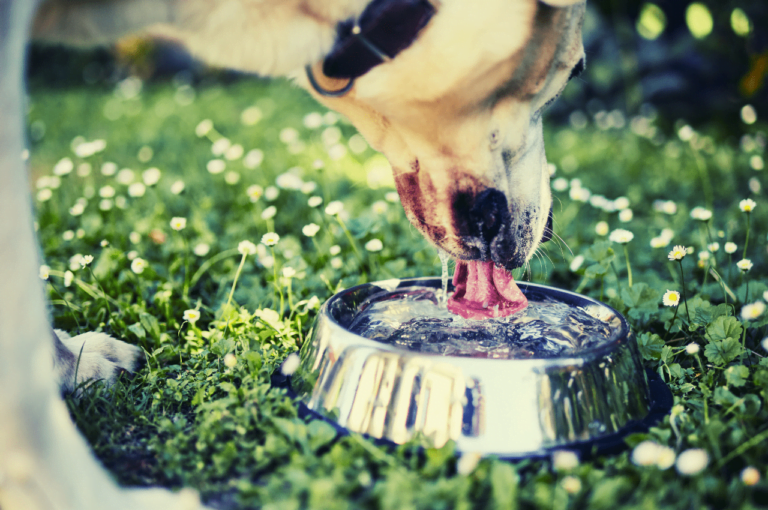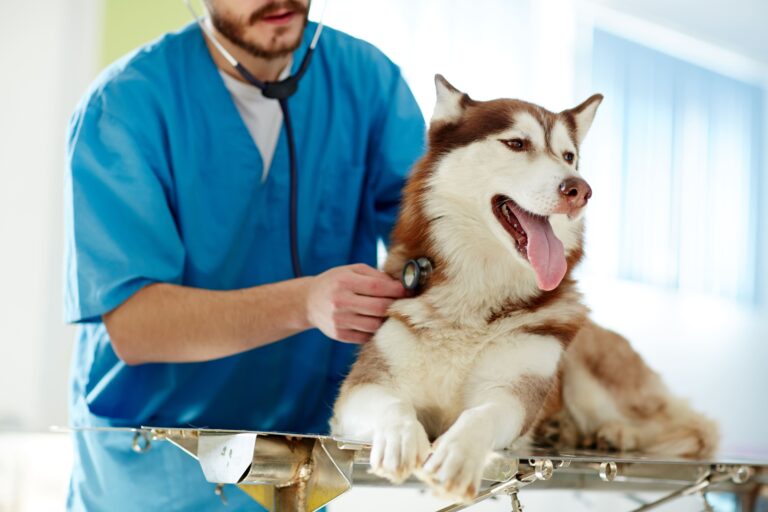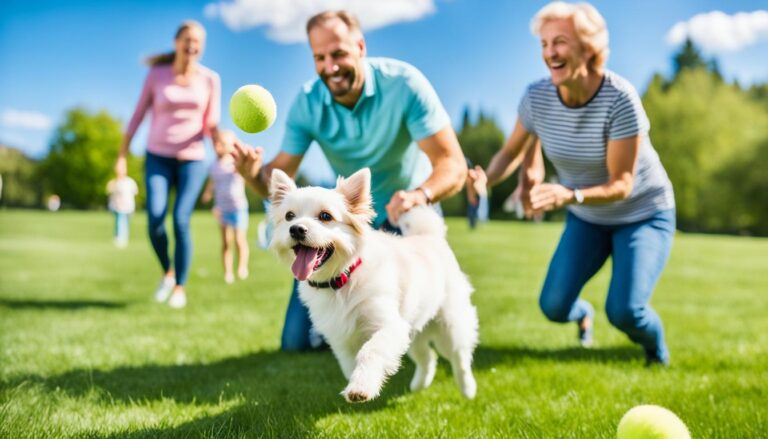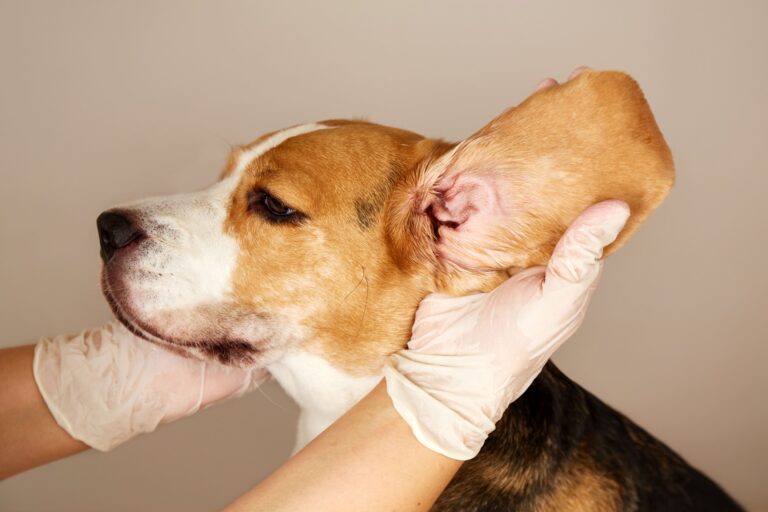Is Provolone Cheese Safe for Dogs to Eat?
As a dog owner, you’re likely familiar with the joy of sharing treats with your furry companion. But when it comes to certain human foods, what seems harmless to us may actually pose a risk to our canine friends. One such food is provolone cheese. While dogs undoubtedly love the taste, you might be left wondering: can dogs safely enjoy provolone cheese, or is it best left off their menu?
In this article, we will delve into the topic of feeding provolone cheese to dogs. We will explore the potential risks and benefits, uncover any toxicity concerns, and provide you with essential insights to make informed decisions about your dog’s diet.
Key Takeaways:
- Provolone cheese may not be entirely safe for dogs due to its high fat content.
- Feeding large quantities of provolone cheese may lead to digestive issues in dogs.
- Some dogs may be lactose intolerant or have dairy allergies, making provolone cheese unsuitable for them.
- Moderation is key – small, occasional amounts of provolone cheese may be enjoyed by some dogs without harm.
- Always consult with your veterinarian before introducing new foods into your dog’s diet.
Can Dogs Eat Provolone Cheese?
When it comes to sharing food with our furry friends, it’s important to be cautious and mindful of their dietary needs. One common question that arises is whether dogs can safely consume provolone cheese. Let’s explore the specifics of feeding provolone cheese to dogs and address any potential concerns.
Provolone cheese can be tempting to share with your canine companion, especially when they give you those adorable puppy eyes. However, it’s essential to understand the impact that provolone cheese can have on your dog’s diet and overall health.
Feeding your dog small amounts of provolone cheese occasionally may not pose significant risks. However, it’s crucial to consider some factors before adding provolone cheese to your dog’s diet:
- Digestive Issues: Dogs have more difficulty digesting dairy products than humans do. Provolone cheese, being a dairy product, can cause gastrointestinal upset in dogs, leading to diarrhea, vomiting, or even stomach discomfort.
- Allergies: Like humans, dogs can develop allergies or lactose intolerance. If your dog shows signs of an allergic reaction, such as itching, skin rashes, or excessive licking, it’s best to avoid giving them provolone cheese.
While provolone cheese may be enjoyed by some dogs without adverse effects, it’s essential to practice moderation. Excessive consumption of high-fat foods like provolone cheese can lead to obesity, pancreatitis, or other health issues.
If you decide to treat your dog to a small piece of provolone cheese, make sure to:
- Remove the cheese’s rind to minimize the risk of choking or obstruction.
- Cut the cheese into small, bite-sized pieces to avoid gastrointestinal discomfort.
- Observe your dog for any adverse reactions or digestive issues after consuming provolone cheese.
Remember, every dog’s dietary needs and sensitivities are unique. It’s always best to consult with your veterinarian before introducing any new foods into your dog’s diet, including provolone cheese.
The Safest Cheese Alternatives for Dogs
If you’re looking for safe cheese options to share with your pup, consider the following alternatives
These harder cheeses can be given to your dogs in small quantities as an occasional treat. However, keep in mind that too much cheese, regardless of the type, can still lead to digestive issues or weight gain.

| Cheese Type | Lactose Content (per 100g) | Recommended Amount for Dogs (per 10 lbs) |
|---|---|---|
| Provolone | 0.8g | Not recommended |
| Cheddar | 0.5g | Up to 1 small cube |
| Mozzarella | 0.1g | Up to 1 small cube |
As shown in the table above, cheddar and mozzarella have lower lactose content compared to provolone cheese. Remember to offer them in moderation and consider your dog’s unique dietary requirements.
To summarize, while dogs can consume provolone cheese in small quantities occasionally, it’s important to prioritize their overall health and well-being. Pay attention to any adverse reactions and always consult with your veterinarian for personalized dietary advice.
Provolone Cheese and Canine Health
When considering your dog’s health, it’s important to be mindful of their diet. While provolone cheese may be a tasty treat that you enjoy, it’s essential to understand the impact it can have on your furry friend’s well-being. Let’s explore the nutritional value and potential risks associated with feeding provolone cheese to dogs.
Nutritional Value: Provolone cheese is a rich source of protein and calcium, which are beneficial to dogs. These nutrients support their overall growth, muscle development, and bone health. However, it’s important to note that provolone cheese is also high in fat and sodium, which can lead to weight gain, digestive issues, and hypertension if consumed in excessive amounts.
Risks to Canine Health: Feeding provolone cheese to dogs can pose certain risks. The high fat content can lead to gastrointestinal distress, such as diarrhea and pancreatitis. Additionally, some dogs may be lactose intolerant or have dairy allergies, which can cause adverse reactions when consuming provolone cheese. It’s crucial to pay attention to any signs of discomfort or unusual behavior in your dog after eating provolone cheese and consult with a veterinarian if necessary.
“Although provolone cheese can provide certain nutritional benefits to dogs, it should always be given in moderation and as an occasional treat. Excessive consumption can lead to health problems, so it’s essential to balance their diet with a variety of other nutritious foods.”
As a responsible pet owner, it’s crucial to make informed decisions regarding your dog’s diet. While provolone cheese can be tempting to share with them, it’s best to prioritize their health and well-being. Focus on providing a balanced and appropriate diet that meets their specific nutritional needs.
Dietary Alternatives:
If you’re looking for alternative treats to share with your canine companion, there are several healthier options to consider. Carrots, green beans, and plain cooked chicken are nutritious alternatives that can be rewarding and satisfying for your dog without the potential risks associated with provolone cheese.
Remember, maintaining your dog’s health is a top priority, and making wise dietary choices plays a significant role in their overall well-being. By being aware of the nutritional values and potential risks of certain foods, such as provolone cheese, you can ensure that your furry friend leads a happy and healthy life.

| Nutrient | Provolone Cheese | Carrots | Green Beans | Cooked Chicken |
|---|---|---|---|---|
| Protein | 25.6g | 0.9g | 1.8g | 31.0g |
| Fat | 25.1g | 0.2g | 0.2g | 3.6g |
| Calcium | 721mg | 33mg | 37mg | 13mg |
| Sodium | 1,650mg | 69mg | 5mg | 63mg |
Conclusion
In conclusion, it is important to consider the potential risks when feeding provolone cheese to your beloved dog. While provolone cheese can be enjoyed as an occasional treat, it should not be a regular part of their diet.
The high fat content in provolone cheese can be detrimental to your dog’s health and may lead to weight gain, pancreatitis, and other digestive issues. Although dogs may find the taste of provolone cheese enticing, it is crucial to moderate their consumption to prevent any adverse effects.
Always consult with your veterinarian to determine the best dietary choices for your furry friend. They can guide you on portion sizes and recommend alternative, healthier treats that will provide the necessary nutrients for your dog’s overall well-being. Remember, your dog’s health is of utmost importance, and making informed decisions about their diet is essential for a long and happy life together.
FAQ
Is provolone cheese safe for dogs to eat?
While a small amount of provolone cheese is generally safe for dogs to consume, it should be given in moderation. High-fat content in cheese can lead to digestive issues and potential weight gain. Additionally, some dogs may be lactose intolerant or have dairy allergies, so it’s important to monitor their reactions and consult your veterinarian before introducing provolone cheese into their diet.
Can dogs eat provolone cheese?
Dogs can eat provolone cheese, but it should only be given as an occasional treat. Provolone cheese is high in fat and can lead to gastrointestinal upset or pancreatitis if consumed in large amounts. If you choose to offer provolone cheese to your dog, make sure to cut it into small pieces and give it sparingly as a reward, rather than as a regular part of their diet.
What impact does provolone cheese have on canine health?
Provolone cheese does not provide significant nutritional benefits for dogs and should not be relied upon as part of their daily diet. The high fat and salt content in provolone cheese can contribute to obesity, heart problems, and digestive issues. It’s important to prioritize a balanced and nutritious canine diet that consists of dog-friendly foods and treats.
What are the risks of dogs eating provolone cheese?
The main risks associated with dogs eating provolone cheese are related to its high fat content and potential for digestive issues. Consuming excessive amounts of provolone cheese can lead to pancreatitis, obesity, and gastrointestinal upset. Additionally, if your dog has lactose intolerance or a dairy allergy, provolone cheese can trigger adverse reactions. It’s important to introduce any new foods slowly and monitor your dog’s health and well-being.
Subscribe to our weekly newsletter below and never miss the latest article.









